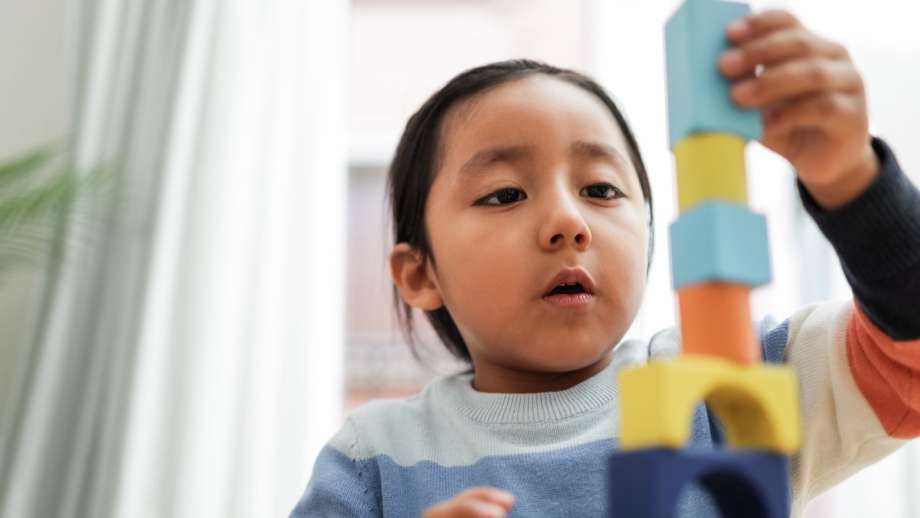Stretching Your Child's Brain Power

Stretching Your Child's Brain Power
During the preschool period, one of the ways parents can support the development of their child's thinking is to point out the features of objects that a child might not spontaneously attend to. And although children ages three and four are usually quite capable of following a sequence of simple steps toward a goal, they can find it much harder to hold the bigger picture in mind and keep that end goal in sight. Reminding them of what they are trying to achieve and refreshing their memory about rules or principles that govern the task can be really useful. Having said this, several researchers believe that between the ages of three and five, most children become able to start reflecting on their experience and are therefore ready to start developing key skills such as predicting, checking results, self-monitoring, and reality testing.
To develop your own child's thinking skills following pointers may be helpful:
- Do tasks that enable you to think together with your child. Make sure you are thinking out loud: "What do we need to do next?" "Is what we're doing now similar to any other problem we have solved in the past?" "Let's pause and consider how we're doing for a moment." "What are we trying to do here?" "Can we do anything to help us make better progress?"
- Always start by helping your child recap what she already knows about a subject or problem so that she can make relevant links and connections and give the task a context. Mind maps are great for this.
- Help your child formulate a plan that will enable him to reach the end goal in a series of productive steps. How will he tackle the task at hand? What obstacles might he encounter? How will he deal with them?
- Foster the four key metacognitive skills: anticipate, check, monitor, and evaluate.
- Help your child see why mastering a particular problem or skill is relevant to her life and how what she is learning ties in with what she already knows.
- Always encourage your child to evaluate his own performance. What was hard about the task? What helped? What has he learned about approaching similar tasks in future?
- As a general rule, ask questions to support or provoke your child's thinking instead of issuing directions or providing easy answers. Olympic medalist and coach David Hemery observes, "If our questions generate more of their awareness and selfresponsibility, the likely result is an increase in our young people's self-belief."
- Encourage your child to talk to herself as she tackles a task so that she becomes more aware of her own thought processes.
- Be careful not to prompt excessively. Children learn best when they can figure something out for themselves. If you are too quick with a helpful question or reminder, they will become reliant on you to do the thinking for them.
- Persuade your child not to rush. Self-awareness, monitoring, and in-depth reflection cannot happen if your child is always in a hurry to get to the end. He is also much more likely to make careless mistakes. Model good habits and demonstrate that sometimes it is important to take your time if you really want to understand something properly.
- Finally, always help your child to identify and explicitly label any principles, strategies, or rules that are aiding her performance during the task. This enables your child to build up a repertoire of problem-solving skills. Foster the mindset of French mathematician and philosopher René Descartes, who remarked, "Each problem that I solved became a rule which served afterward to solve other problems." Children often deduce and apply principles without being conscious that they are doing so, making them less likely to be able to use them in other situations.